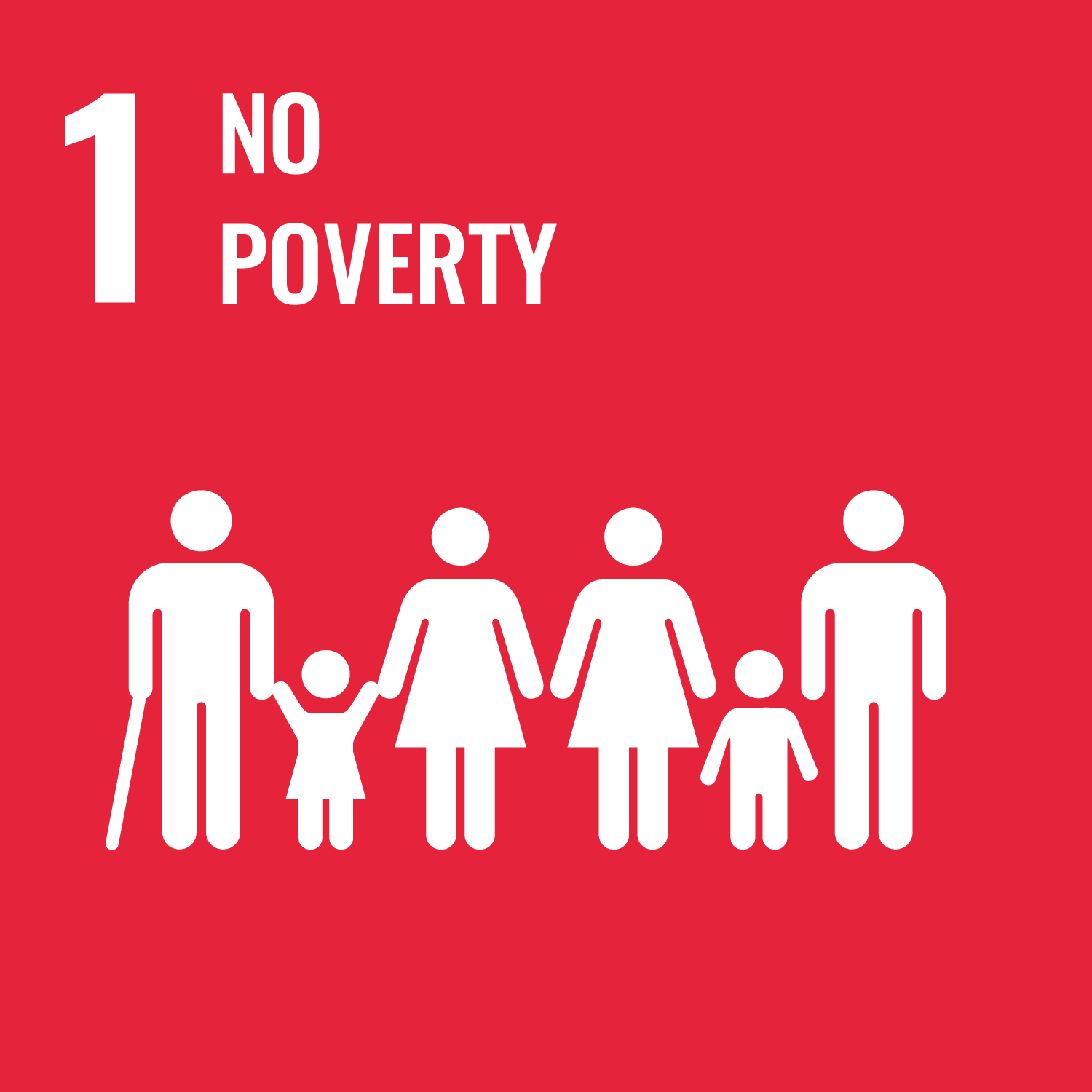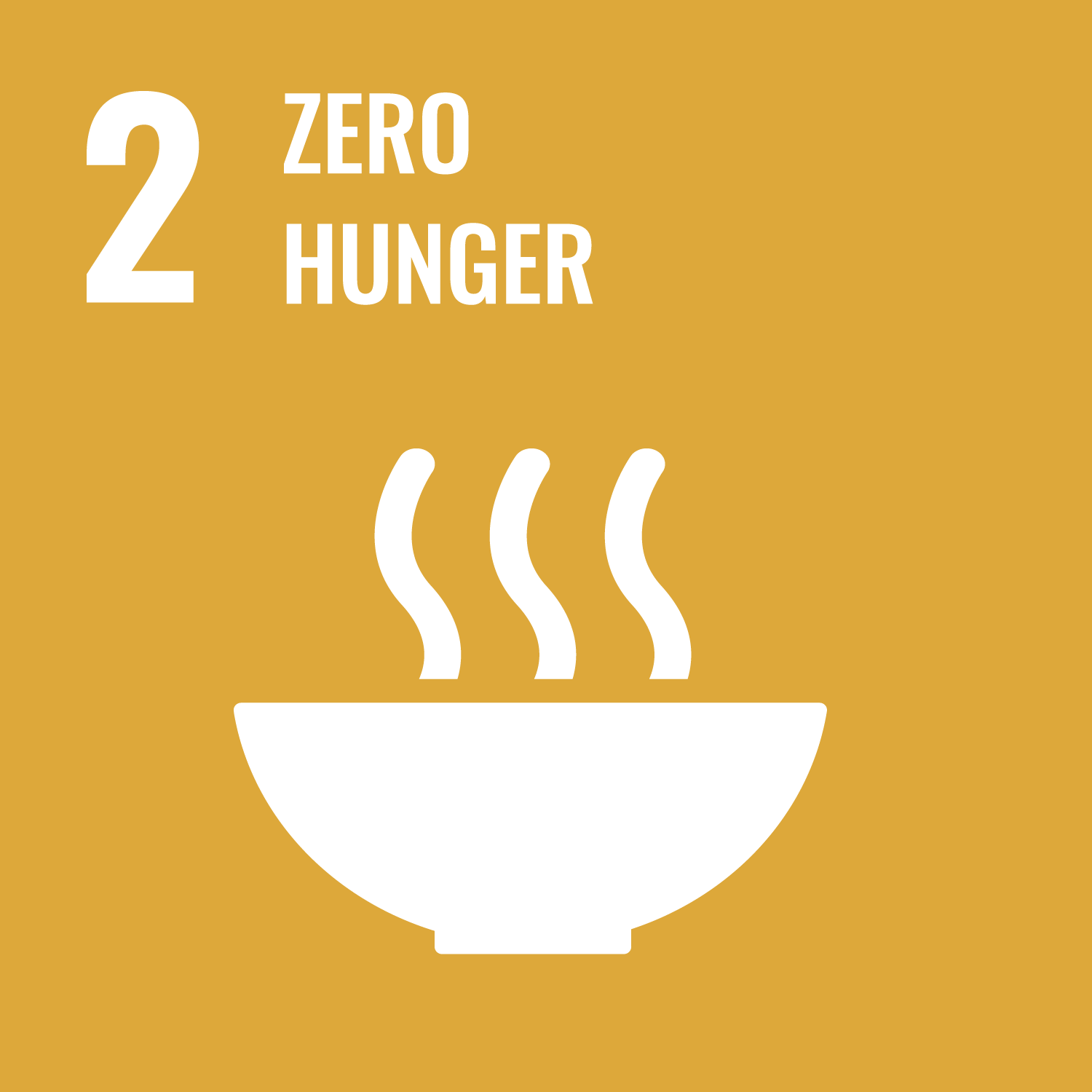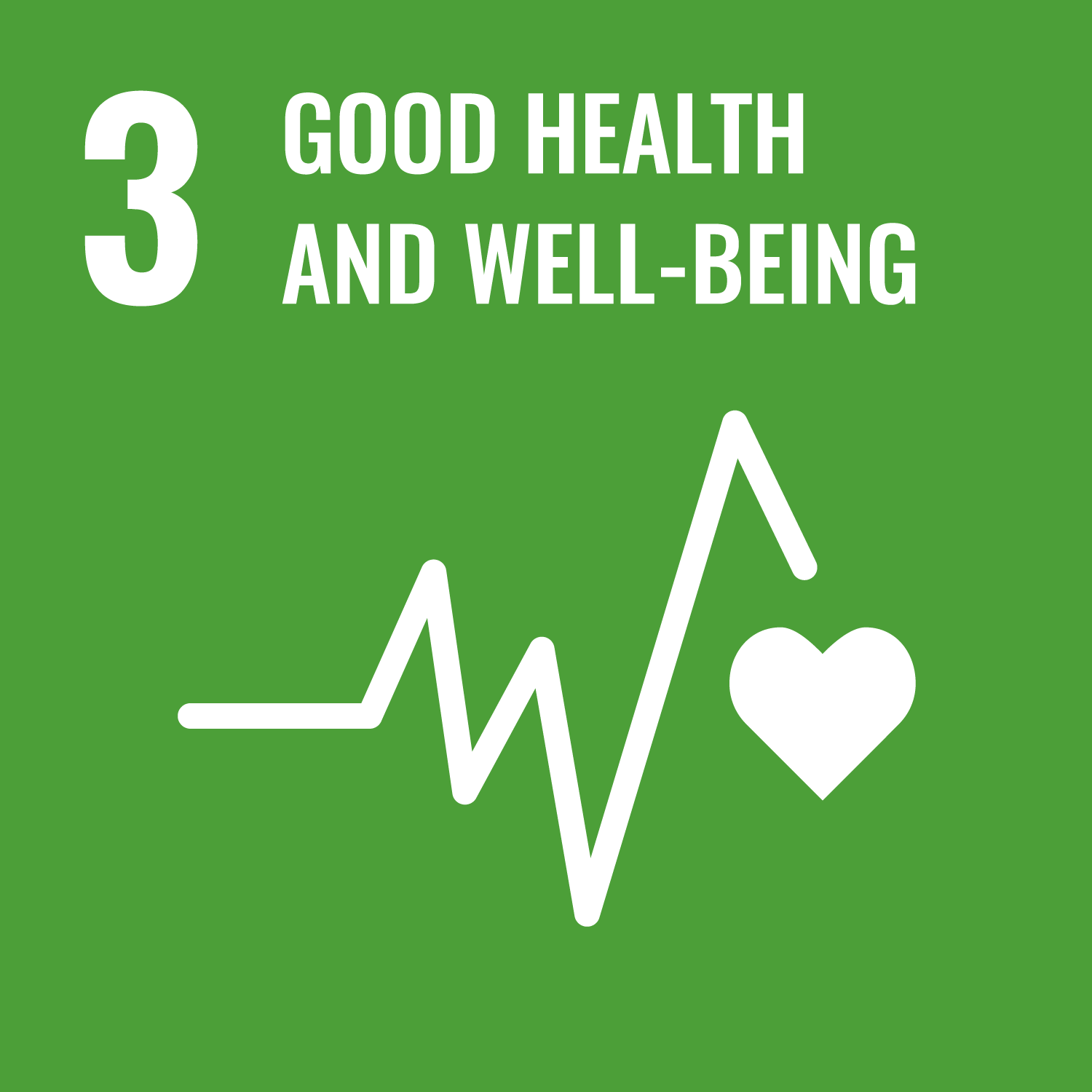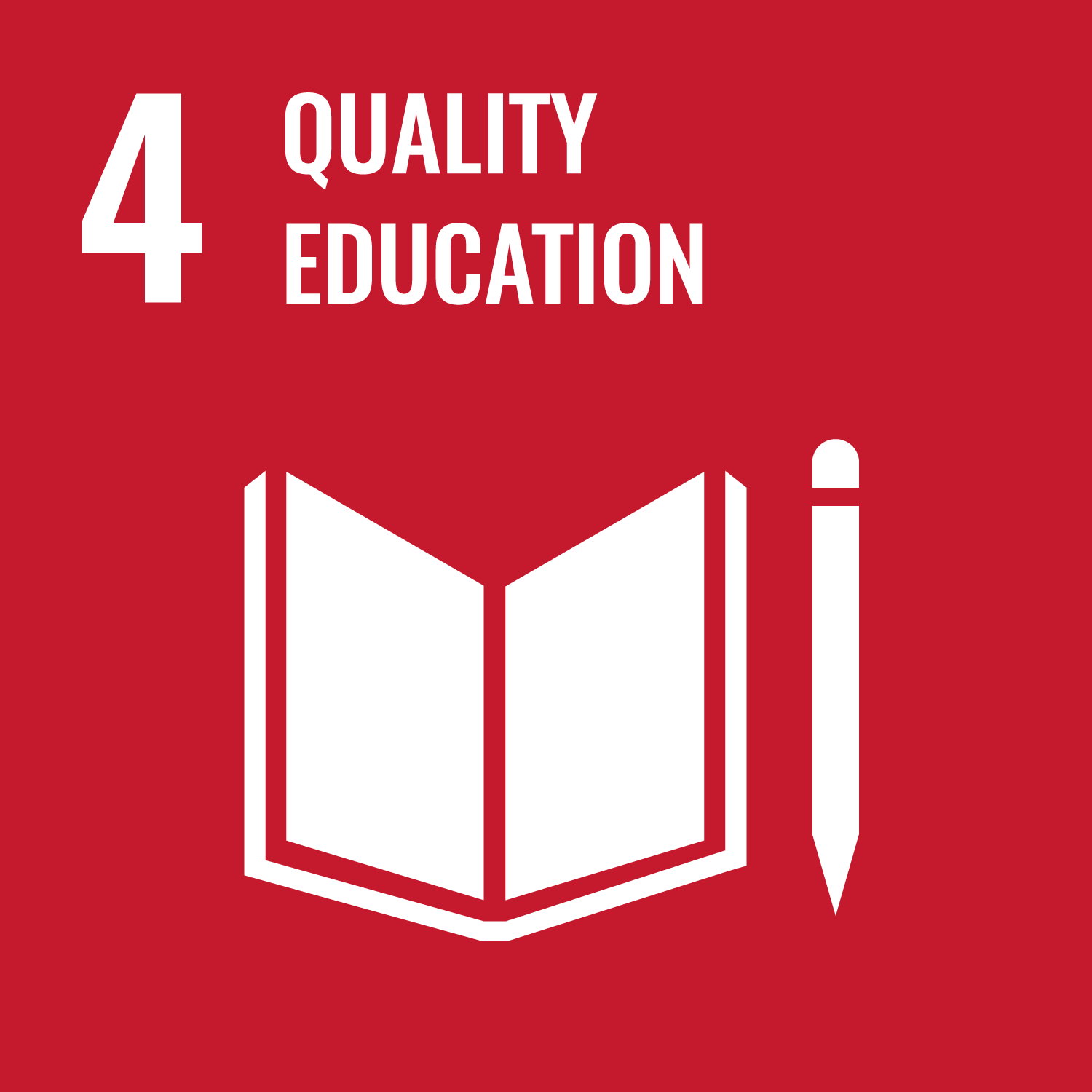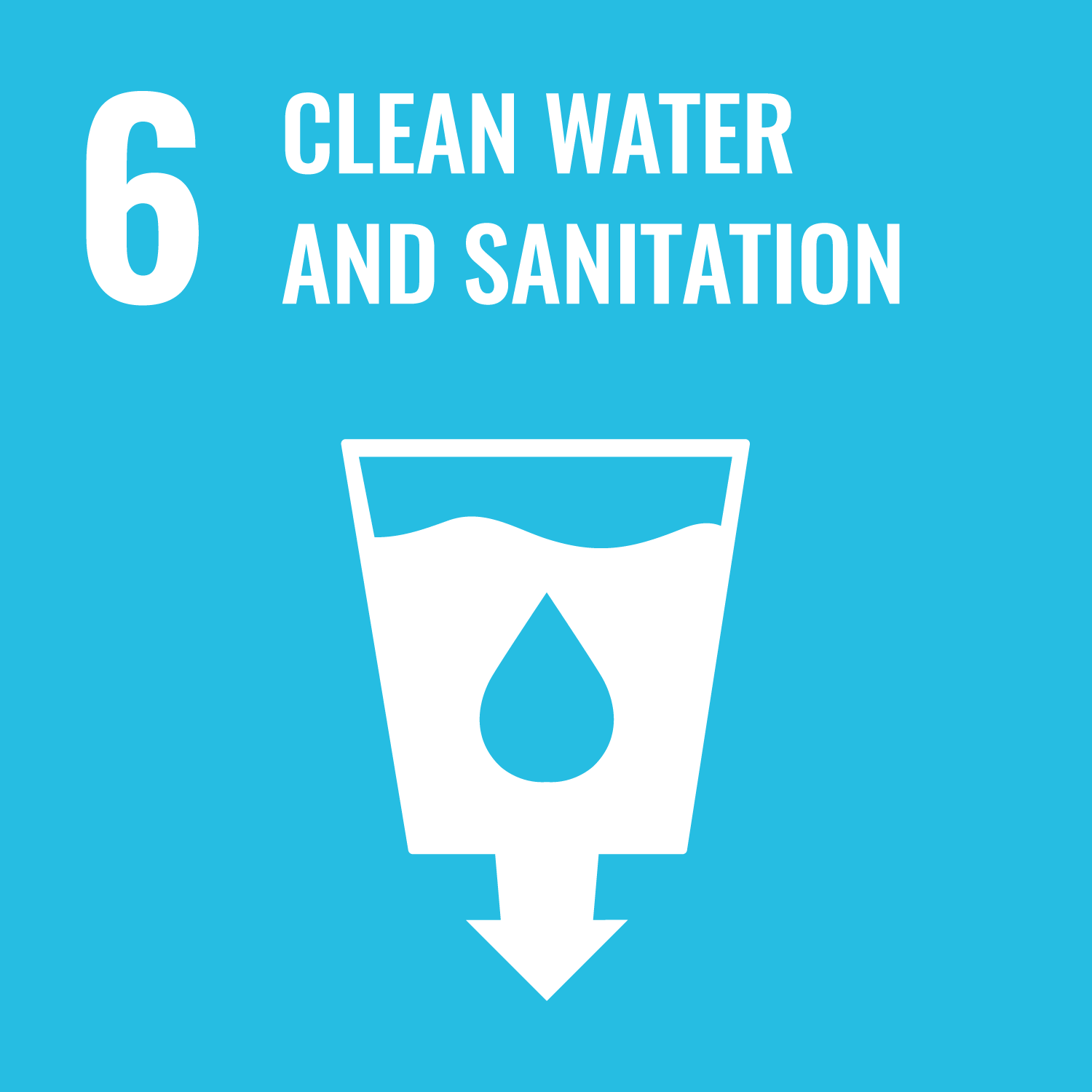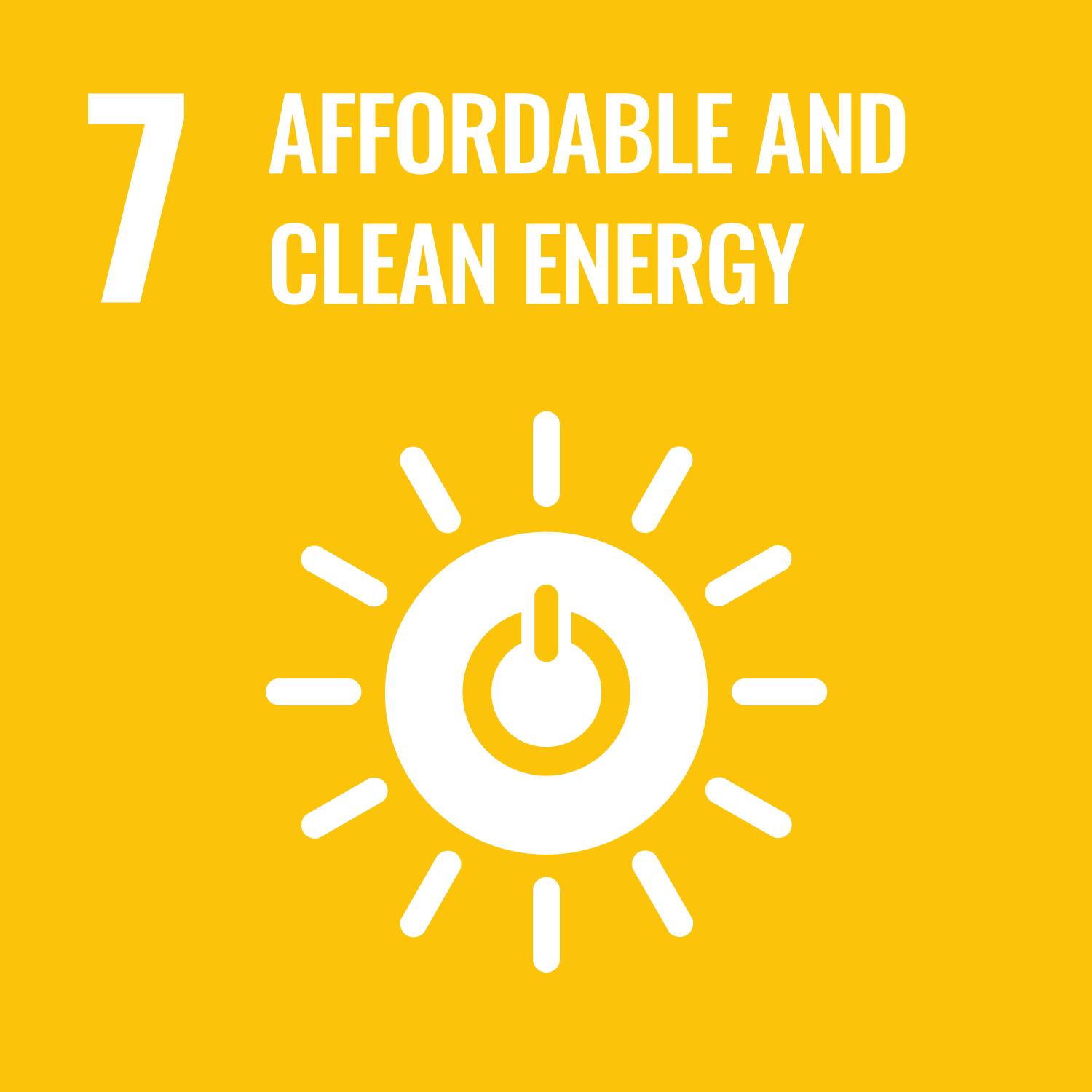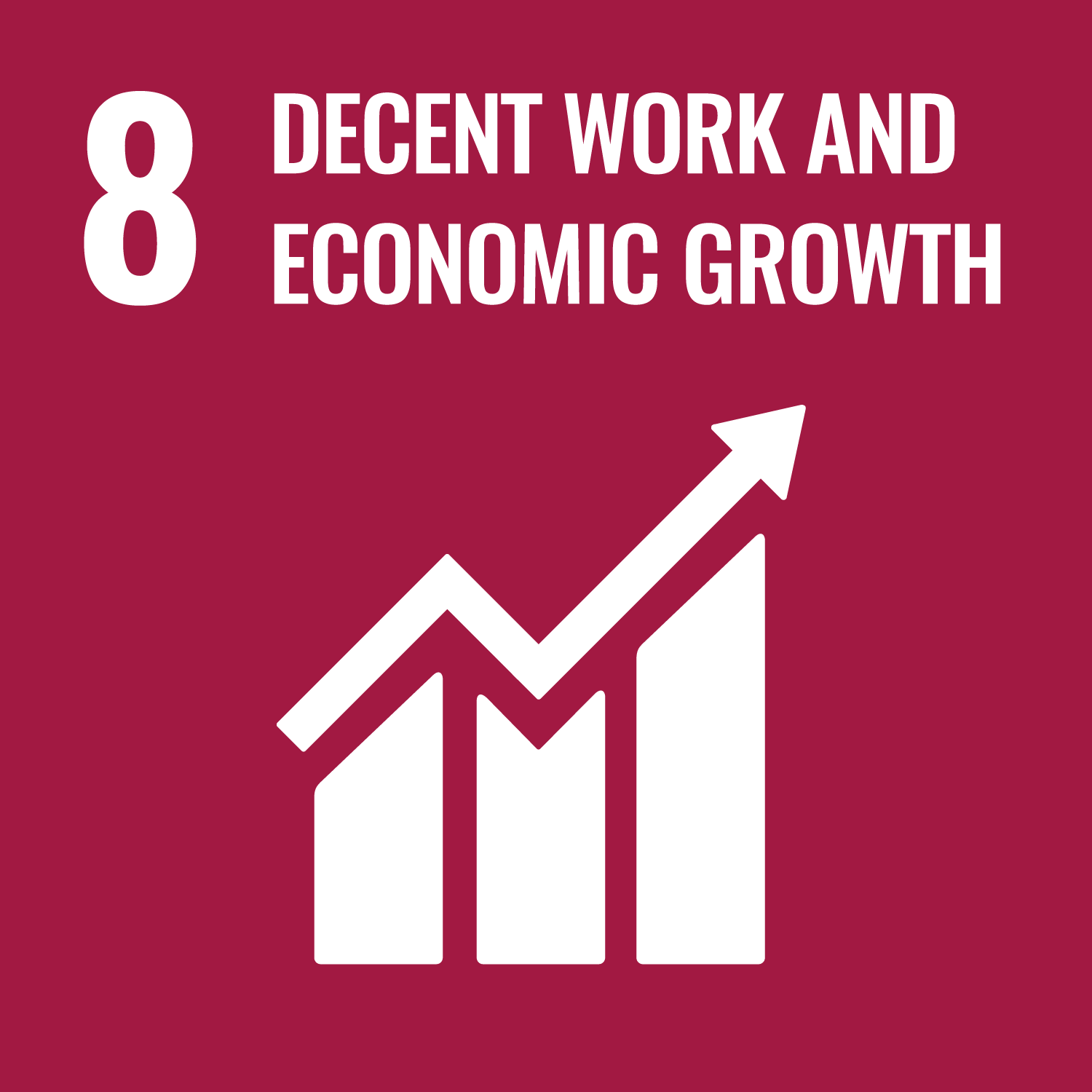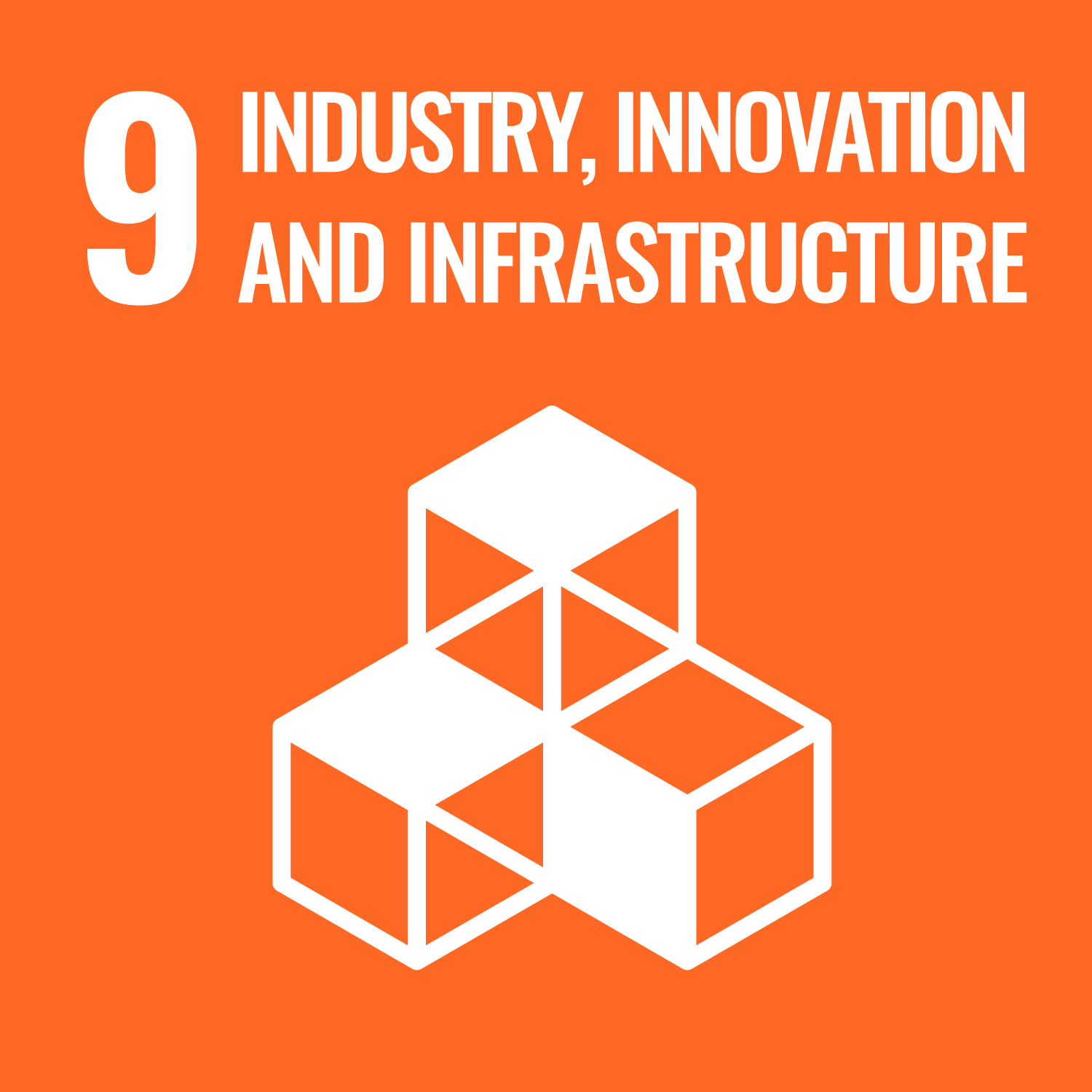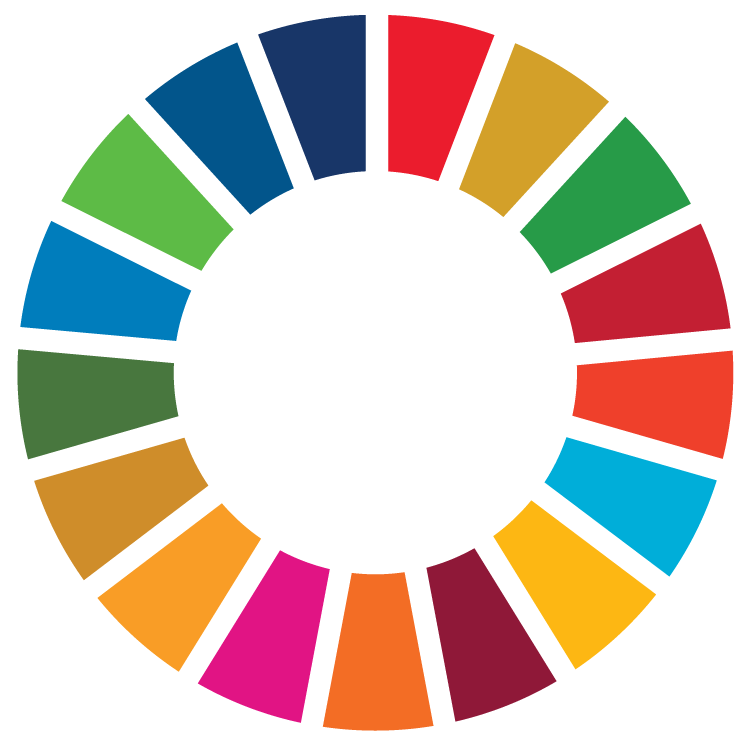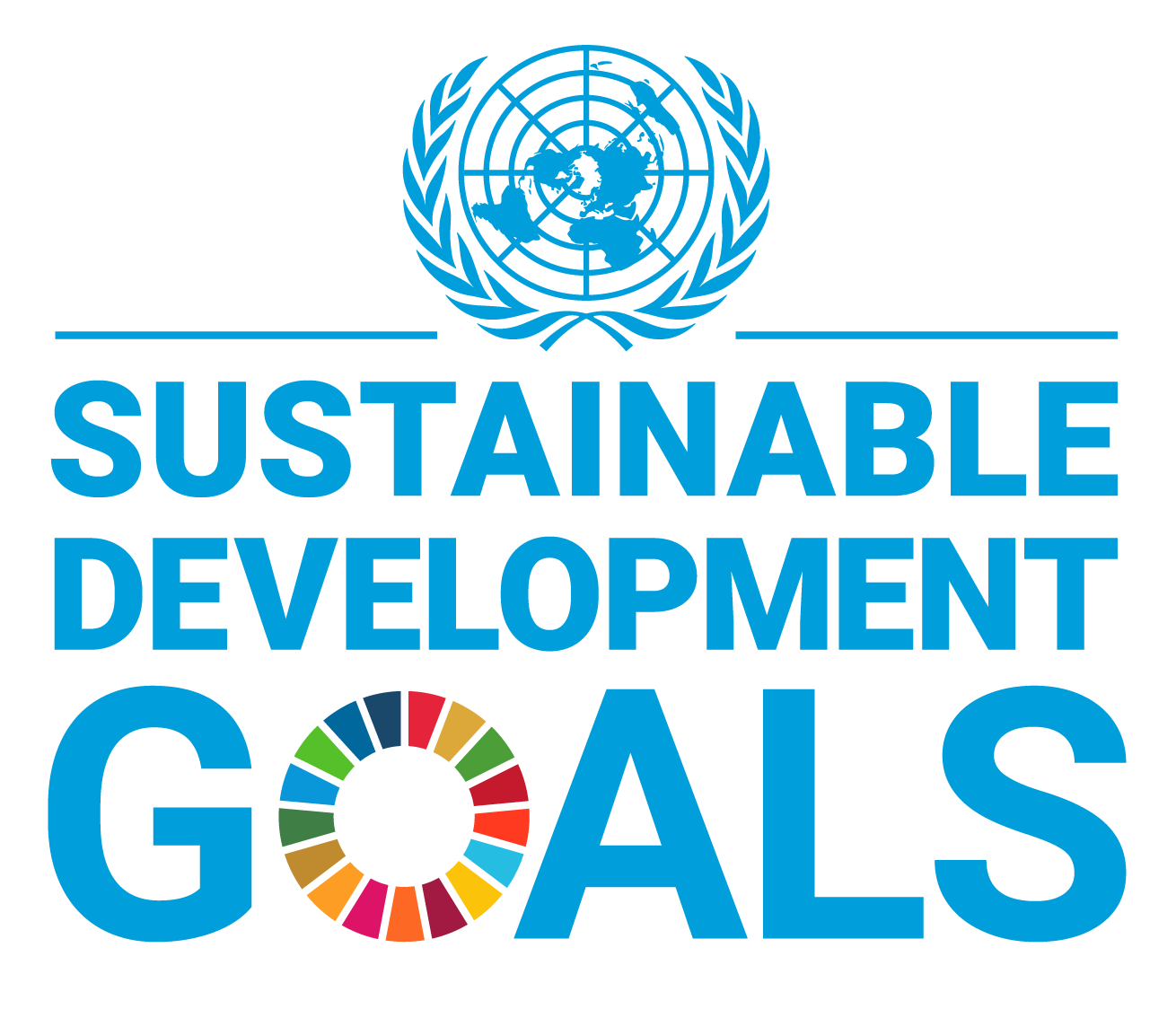- Beranda
- Tentang Kami
- Akademik
- Kemahasiswaan
- Riset
- Unit Layanan Fakultas
- LPPKM
- SDGs Initiatives
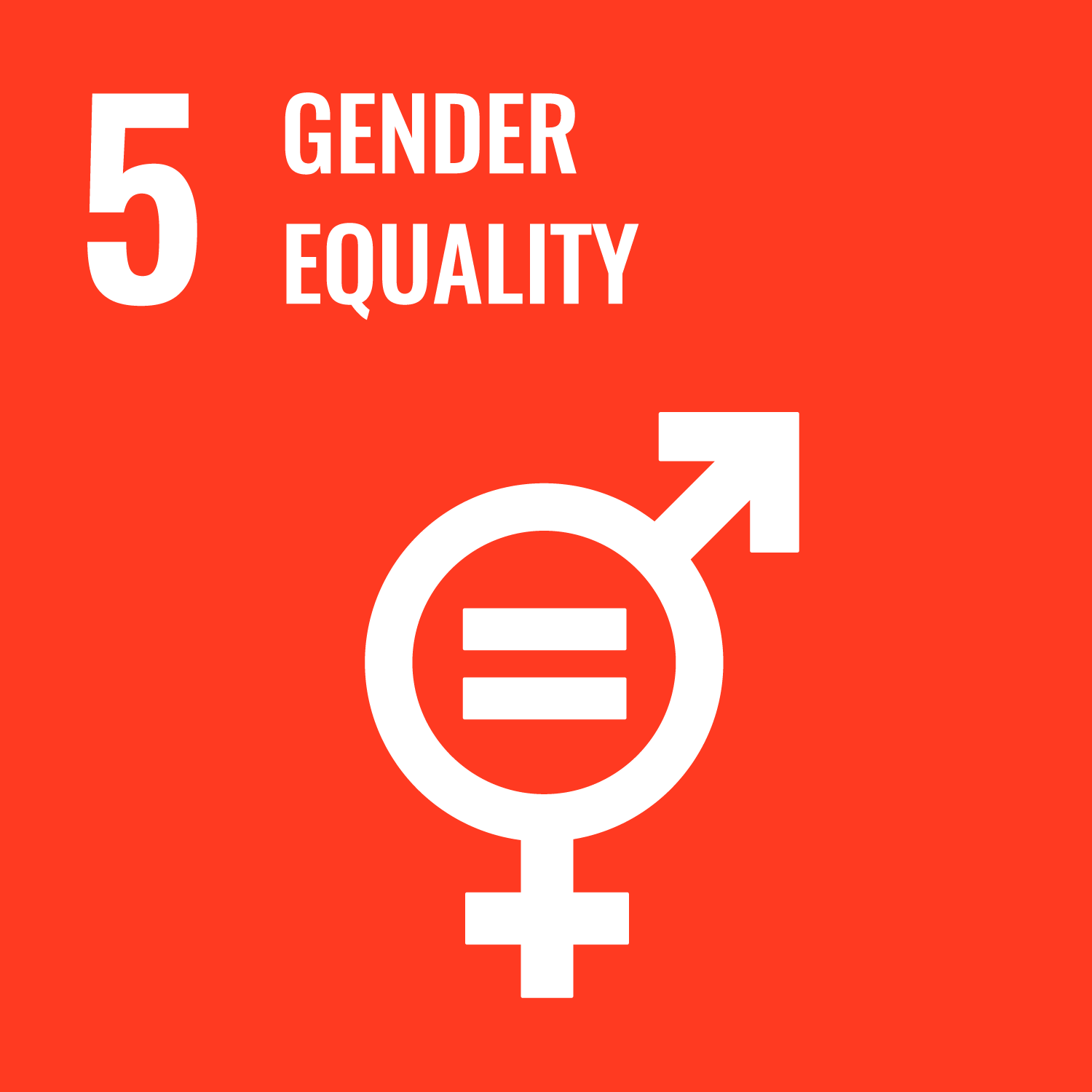

The Faculty of Public Health constantly measures and tracks women’s application rate, acceptance rate, and study completion rate within the faculty. In 2021, there are 14,101 applicants who wish to continue their study at the Faculty of Public Health. Among those applicants, 61.6% of them are women. Moreover, out of 2,579 active students in Academic Year 2021, 78.59% of them are women.
To support gender equality within the Faculty of Public Health, scholarships distributed throughout Academic Year 2021 have covered both female and male students. Female students who received the scholarships amounted to 81,82% of the total students who received scholarships.
The Faculty of Public Health always encourages women’s application in subjects where they are underrepresented by providing a special class that discusses the role of women and women’s rights, which is the Basic Reproductive Health class. In addition to that, several Research Centers at the Faculty of Public Health collaborates a lot with NGOs engaging in the field of women empowerment and doing a lot of research on the role of women in the health sector. In 2021, the collaborations are as follows:
1. Collaboration between Prof. dr. Budi Utomo, MPH, Ph.D and Dr. Besral, SKM, MSc from the Faculty of Public Health with United Nations Population Fund (UNFPA) by publishing a scientific paper entitled “Contraceptive Use and Maternal Mortality in Indonesia: A Community-level Ecological Analysis”.
2. Collaboration between dr. Iwan Ariawan, MSPH and Dr. Dr. Rita Damayanti, MSPH from the Faculty of Public Health by publishing a scientific paper entitled “Determinants of Low Breastfeeding Self-Efficacy among Mothers of Children Less than Six Months Old: Results from BADUTA Study in East Java, Indonesia”.
3. Publication of a scientific paper entitled “Prevention of HIV Transmission from Mother to Child: Challenges to the Successful Program Implementation and Practice in Indonesia” by Prof. Dr. Kemal N. Siregar, SKM, MA, Ph.D, one of the lecturers in the Faculty of Public Health.
4. Collaboration between Dr. drg. Ella Nurlaella Hadi, M.Kes and one of her students, Ulfa Diya Atiqa by publishing a scientific paper entitled “Menstrual Hygien Management of Junior High School Students in Rural Areas of Indonesia (Study in Tinambung Sub-District, Poliweli Mandar, West Sulawesi)”.
5. Collaboration between Prof. Dr. Kemal N. Siregar, SKM, MA, Ph.D and Dr. Artha Prabawa, SKM, SKom, MSi from the Faculty of Public Health by publishing a scientific paper entitled “mHealth Conceptual Model for Providing Quality Antenatal Care in Health Centers during the Coronavirus Disease 2019 Pandemic”.
Contraceptive use and maternal mortality in Indonesia: a community-level ecological analysis
The Faculty of Public Health always supports women’s participation. The form of support can be seen from the provision of a dedicated lactation room. The dedicated lactation room can be found in Building A, which can be easily accessed since it’s on the first floor.
Universitas Indonesia has a policy regarding the Alleged Violation Reporting System, which was approved by the Rector of Universitas Indonesia in 2018 through Rector’s Decree No. 28. Through the Decree, the Rector of Universitas Indonesia emphasized the principles and objectives, types of violations, and the mechanism for resolving reports.
The Decree also emphasizes the protection and reward for whistleblowers who report alleged violations (including discrimination) of the principle of loss of education or employment. Alleged violations can be reported through the university’s Alleged Violation Reporting System (SIPDUGA UI) or to the university’s Whistleblowing System (WBS UI). To support this policy, the Faculty of Public Health has also established a policy of Gratification Control and Reporting of Whistleblowing System (WBS) violations through the Dean’s Decree that can be found on the faculty’s website.
Aturan Gratifikasi, Whistle Blowing System (WBS) dan Benturan Kepentingan

